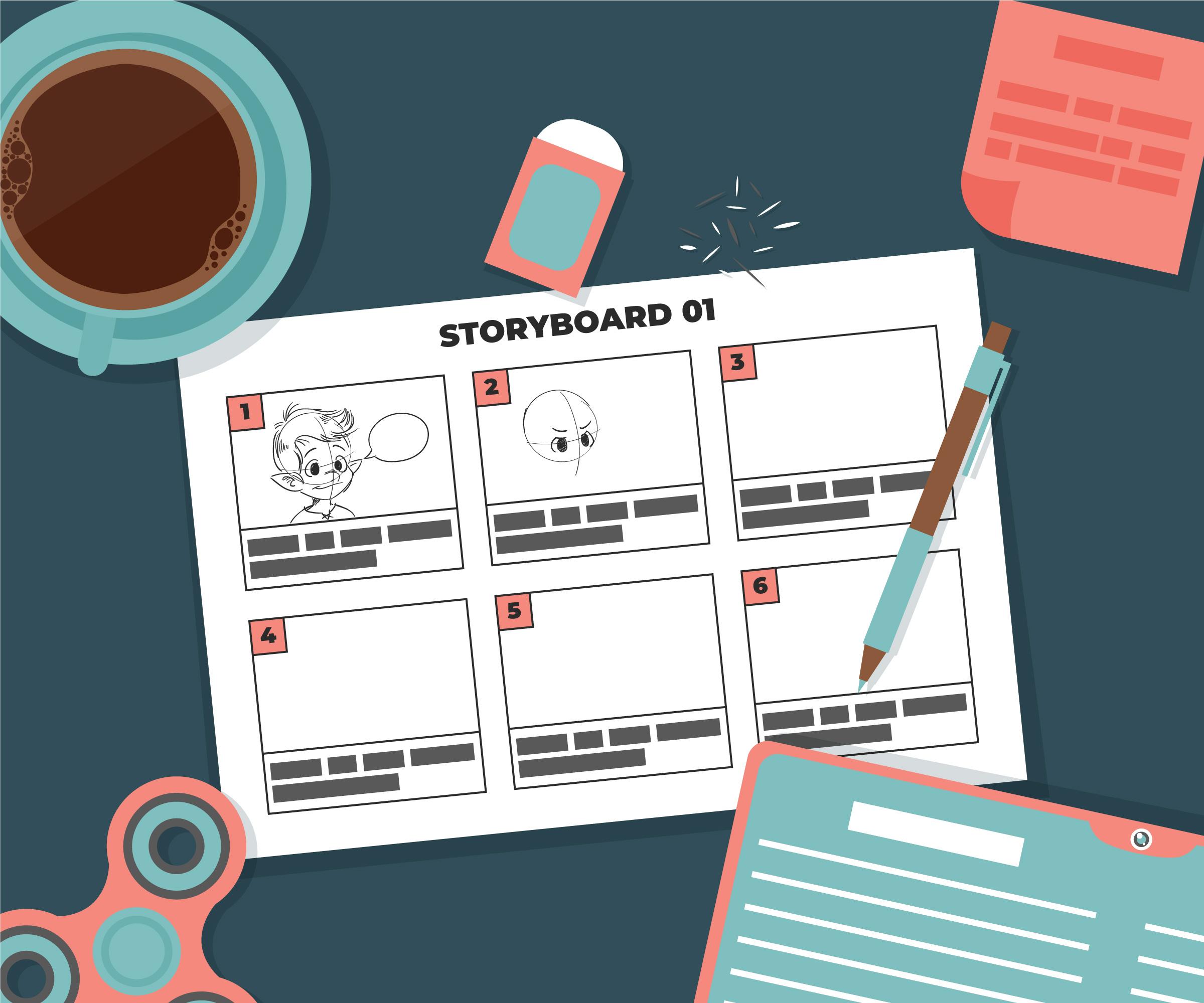
ADHD and Its Impact on Children in School
Understanding the Challenges and Strategies for Support
Attention Deficit Hyperactivity Disorder (ADHD) is a neurodevelopmental condition that affects a significant number of children worldwide. It is characterised by symptoms such as inattention, hyperactivity, and impulsivity. These symptoms can vary in intensity and presentation, leading to diverse challenges for children, especially in a school setting. Understanding how ADHD can impact children in school is essential for educators, parents, and support staff to provide appropriate assistance and create an inclusive learning environment.
The Academic Impact
Children with ADHD often face academic challenges due to their symptoms. Inattention can make it difficult for them to focus on lessons, follow instructions, and complete assignments. They may struggle with organising tasks, managing time effectively, and sustaining effort in activities that require prolonged mental effort. As a result, these children may frequently miss important details, make careless mistakes, and fail to complete homework or classwork on time.
Hyperactivity and impulsivity can further exacerbate academic difficulties. Children with ADHD may have trouble sitting still, staying quiet during lessons, and waiting their turn to speak or participate. This behaviour can be disruptive to both their own learning and that of their classmates. Additionally, impulsivity may lead to hasty responses, interrupting teachers and peers, and difficulties in following classroom rules, all of which can negatively impact their academic performance.
Social and Emotional Challenges
ADHD can also affect children’s social interactions and emotional well-being. The impulsivity associated with ADHD can lead to difficulties in forming and maintaining friendships. Children with ADHD may interrupt conversations, have trouble waiting their turn in games, and act without considering the consequences, which can be frustrating for their peers. As a result, they may experience social rejection or isolation, which can affect their self-esteem and lead to feelings of loneliness or depression.
Emotionally, children with ADHD may have difficulty regulating their emotions. They may exhibit excessive anger, frustration, or excitement, which can be challenging to manage in a school environment. These emotional outbursts can lead to conflicts with teachers and classmates, further impacting their social relationships and overall school experience.
Behavioural Issues
The behavioural challenges posed by ADHD can be significant in a school setting. The hyperactive and impulsive nature of the disorder often results in disciplinary issues. Children with ADHD might frequently receive reprimands or punishment for their behaviour, which can create a negative cycle of frustration and acting out. This can lead to a strained relationship with school authorities and peers, impacting their overall educational experience.
Additionally, these children might struggle with following routines and adhering to classroom norms, which are essential for a structured learning environment. Their inability to conform to expected behaviours can be misinterpreted as defiance or a lack of cooperation, further complicating their educational journey.
Support Strategies for Children with ADHD
Addressing the challenges faced by children with ADHD in school requires a multi-faceted approach that involves educators, parents, and healthcare professionals. Here are some strategies that can help support children with ADHD:
Individualised Education Plans (IEPs)
An Individualised Education Plan (IEP) tailored to the child’s specific needs can provide a structured framework for success. The IEP should outline specific academic goals, accommodations, and support services to help the child manage their ADHD symptoms and thrive in school.
Classroom Accommodations
Teachers can implement various accommodations to help children with ADHD. These may include providing a quiet workspace, breaking tasks into smaller, manageable steps, allowing for frequent breaks, and using visual aids to reinforce instructions. Seating arrangements that minimise distractions can also be beneficial.
Positive Reinforcement
Positive reinforcement strategies, such as praise, rewards, and incentives, can motivate children with ADHD to engage in desired behaviours. Recognising and celebrating their achievements, no matter how small, can boost their self-esteem and encourage them to stay focused and on task.
Behavioural Interventions
Behavioural interventions, such as token systems, behaviour charts, and social skills training, can help children with ADHD develop self-control and improve their interactions with peers. These interventions should be consistent and reinforced both at school and at home.
Parental Involvement
Parents play a crucial role in supporting their child’s education. Regular communication between parents and teachers can ensure that strategies used at school are reinforced at home. Parents can also advocate for their child’s needs and collaborate with educators to create a supportive learning environment.
Professional Support
Healthcare professionals, such as psychologists, counsellors, and occupational therapists, can provide additional support for children with ADHD. These professionals can offer therapies and interventions that address the child’s specific needs, such as cognitive-behavioural therapy (CBT) and occupational therapy.
Conclusion
ADHD significantly impacts children’s academic, social, and emotional well-being in school. However, with the right support and strategies, children with ADHD can overcome these challenges and succeed in their educational journey. By fostering an understanding and inclusive environment, educators, parents, and healthcare professionals can help children with ADHD reach their full potential and thrive both academically and personally.



